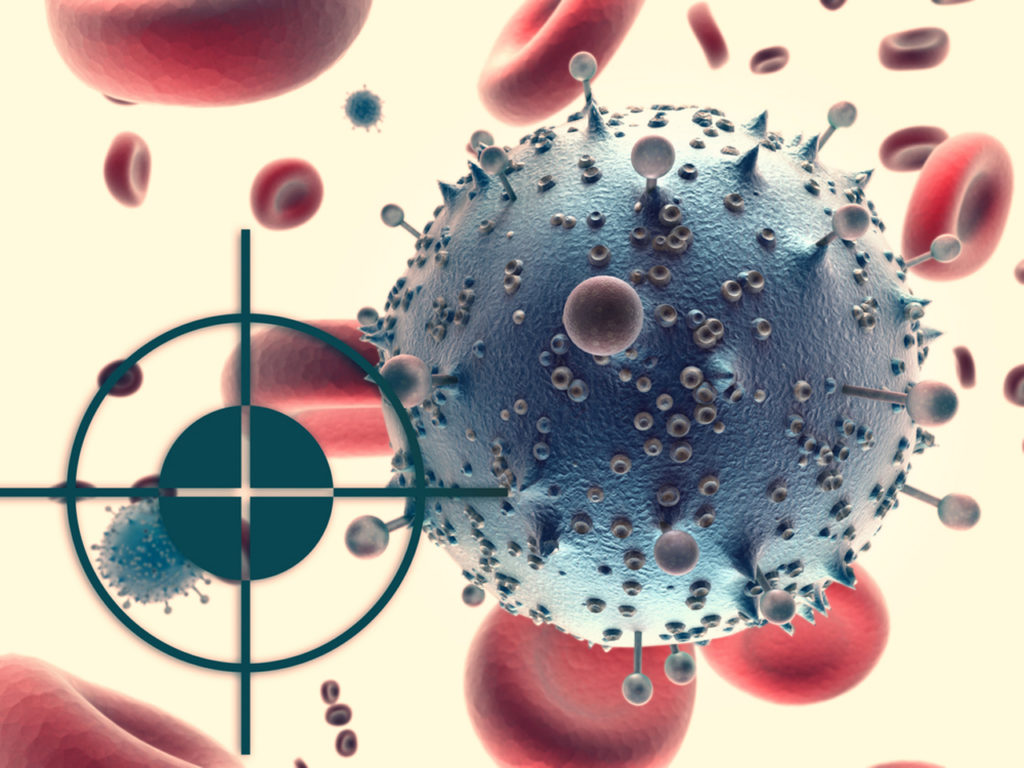Targeting upstream phosphatidylinositol-3-kinases (PI3Ks) in the PI3K/Akt/mTOR pathway appears to be a promising therapy in solid cancers; however, first early clinical trials with PI3K inhibitors in monotherapy have been disappointing. A massive array of preclinical and clinical trials are currently evaluating combinations of PI3K inhibitors in targeted therapies. These combinations include co-treatments with drugs directed against other intra-/extracellular signaling molecules, nuclear hormone receptors, DNA damage repair enzymes, and immune modulators. We review the literature and pinpoint mechanisms of action in different genomic and organ contexts. Combinatorial approaches are potentially superior to monotherapies and should become alternative clinical strategies to treat cancer patients.
Trends
Combination therapies increase the efficacy of PI3K inhibitors.
The efficacy of PI3K combination strategies will require targeting the tumor and the stroma (immune cells, vasculature, lymphatic system, tumor-associated fibroblasts, mesenchymal stem cells, and adipocytes).
Multiple targeted therapies with drugs inhibiting all PI3Ks in the clinic demonstrate high toxicities and difficulties in predicting the targeted patient populations.
PI3K-related mutations detected in circulating tumor DNA may be used as a predictive biomarker of response.







